Jump To Section
In healthcare, self-advocacy is vital, particularly when it comes to making decisions that affect your long-term health. Whether it’s a concern about skin cancer, chronic conditions, or any other health issue, it’s important to trust your instincts, seek professional advice, and ensure that any potential concerns are properly addressed. One of the cornerstones of self-advocacy is recognising when a second opinion is necessary, especially when a non-specialist may not have the expertise to assess your condition fully.
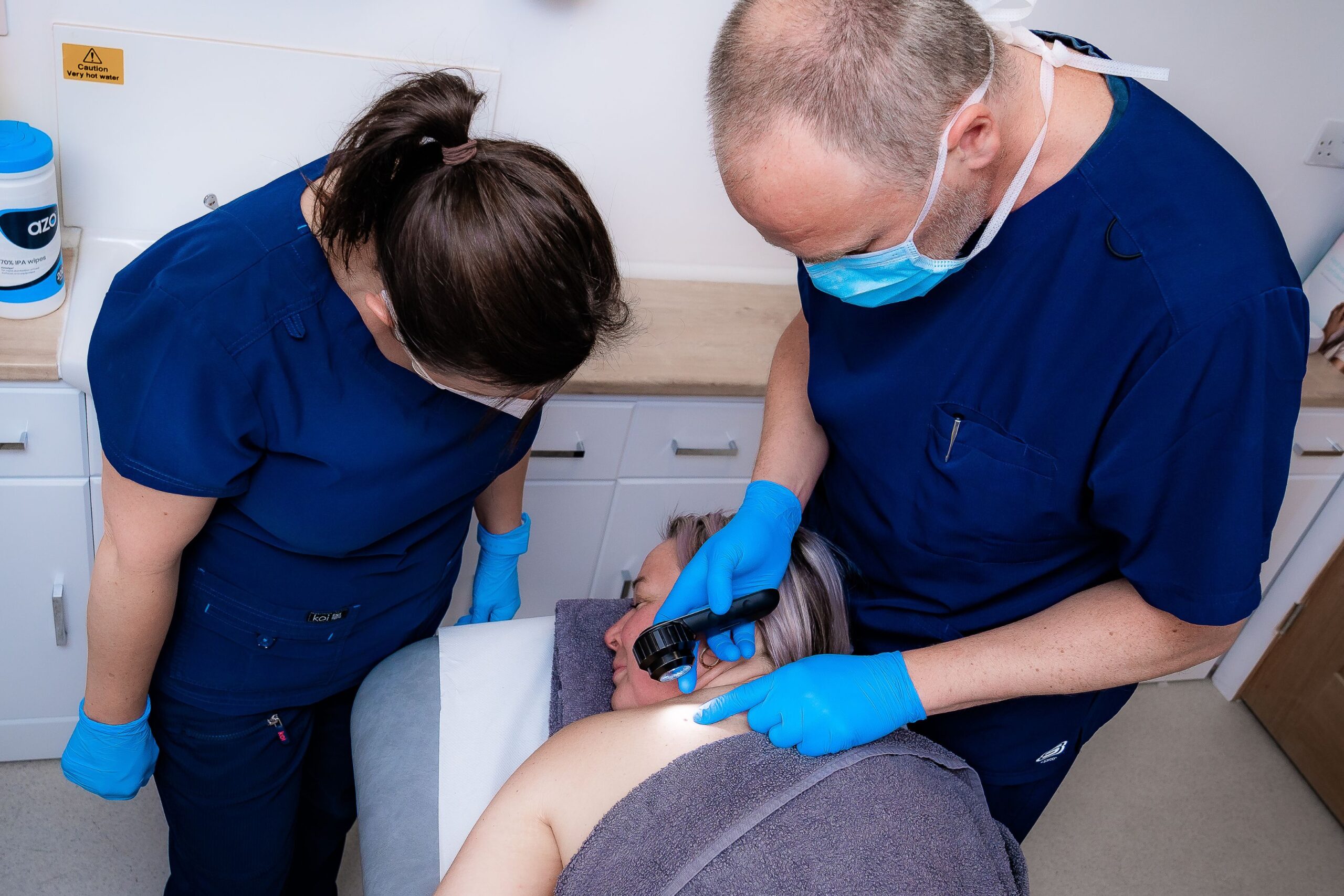
Why Self-Advocacy Matters for Your Skin Health
Self-advocacy is about taking charge of your health. It means listening to your body and taking action when something doesn’t feel right. It’s empowering yourself to ask questions, seek expert advice, and ensure that you are receiving thorough evaluations. Health decisions should not be rushed; if something concerns you, pushing for a more in-depth assessment is entirely reasonable.
One of the most important aspects of self-advocacy is knowing when to consult the right specialist. For skin health, for example, consulting a dermatologist or other medical professional ensures that changes in your skin, such as moles or spots, are examined by someone who has the training and expertise to provide a correct diagnosis.
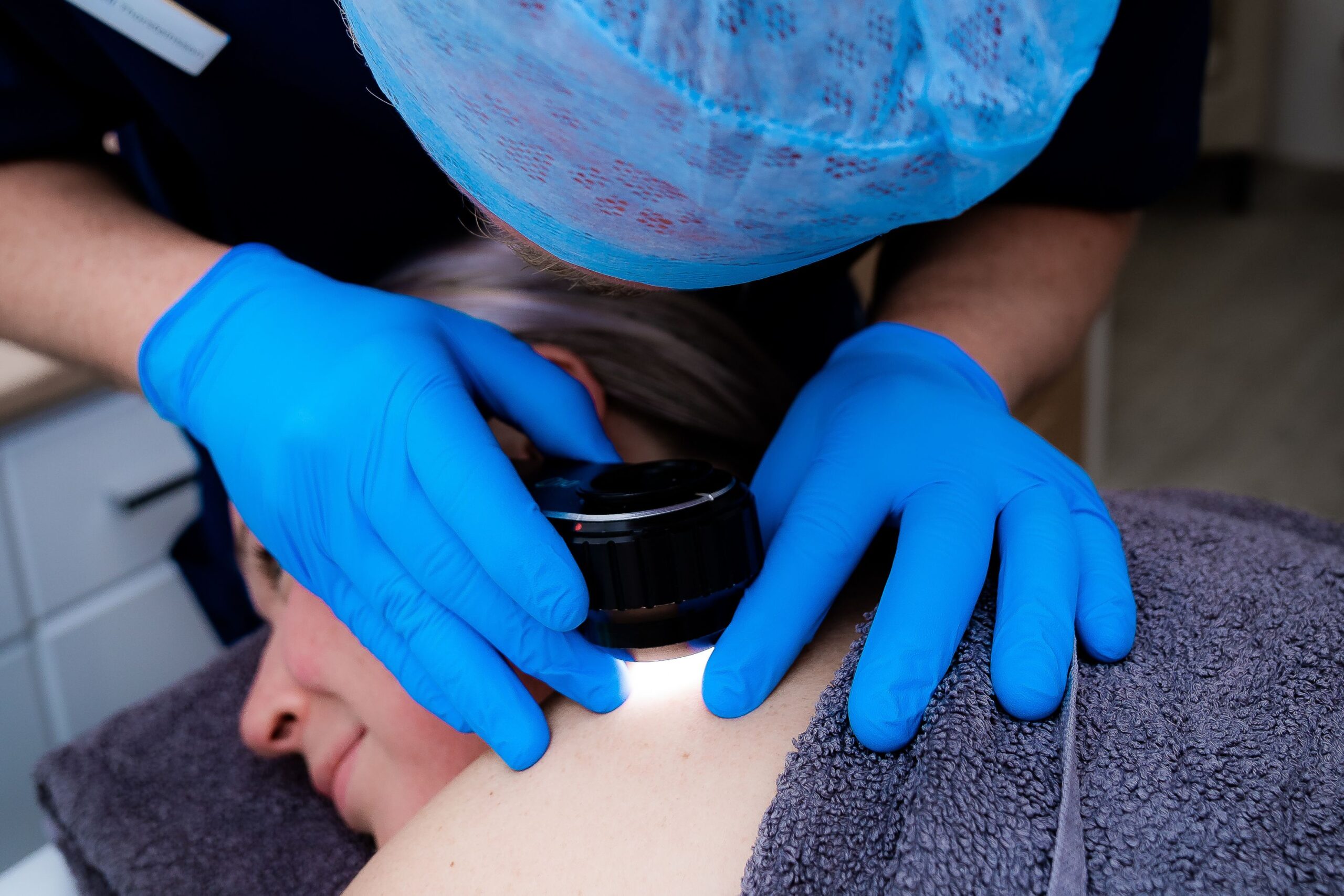
How Self-Advocacy Saved Katherine Ryan’s Life
Katherine Ryan’s experience with skin cancer offers a valuable lesson in self-advocacy. The comedian and television personality shared her story of battling melanoma for the second time. After noticing a change in a mole, Ryan was initially dismissed by a healthcare professional. However, her persistence led to further investigation, which ultimately revealed early-stage melanoma.
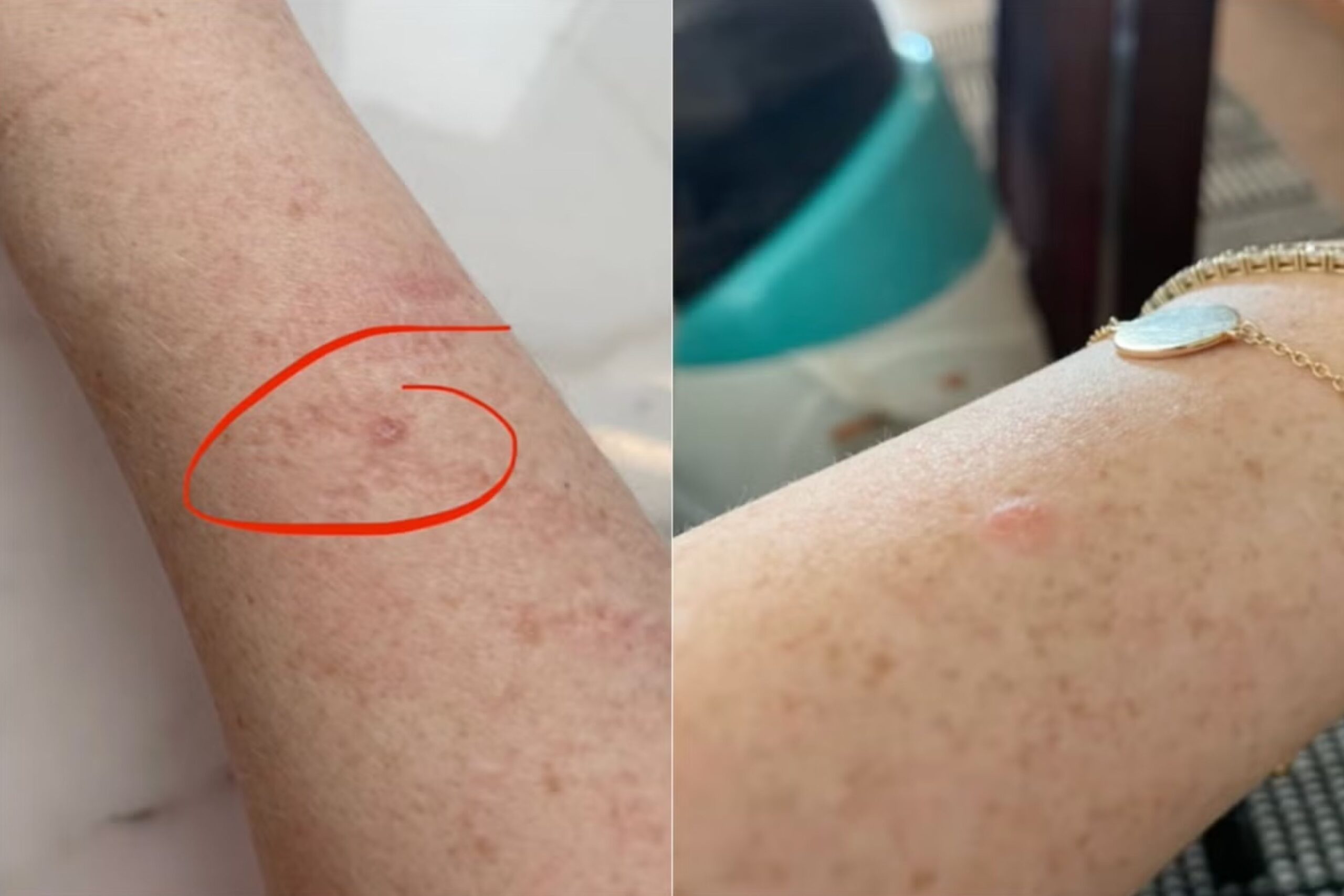
Source: Independent
Katherine’s journey is a testament to the importance of trusting your instincts and seeking the right expertise. While doctors are highly trained, they are not infallible, and sometimes, it takes a second opinion from the right specialist to catch something serious early on. By advocating for herself, Katherine was able to detect the melanoma at an early stage, significantly improving her chances of successful treatment.
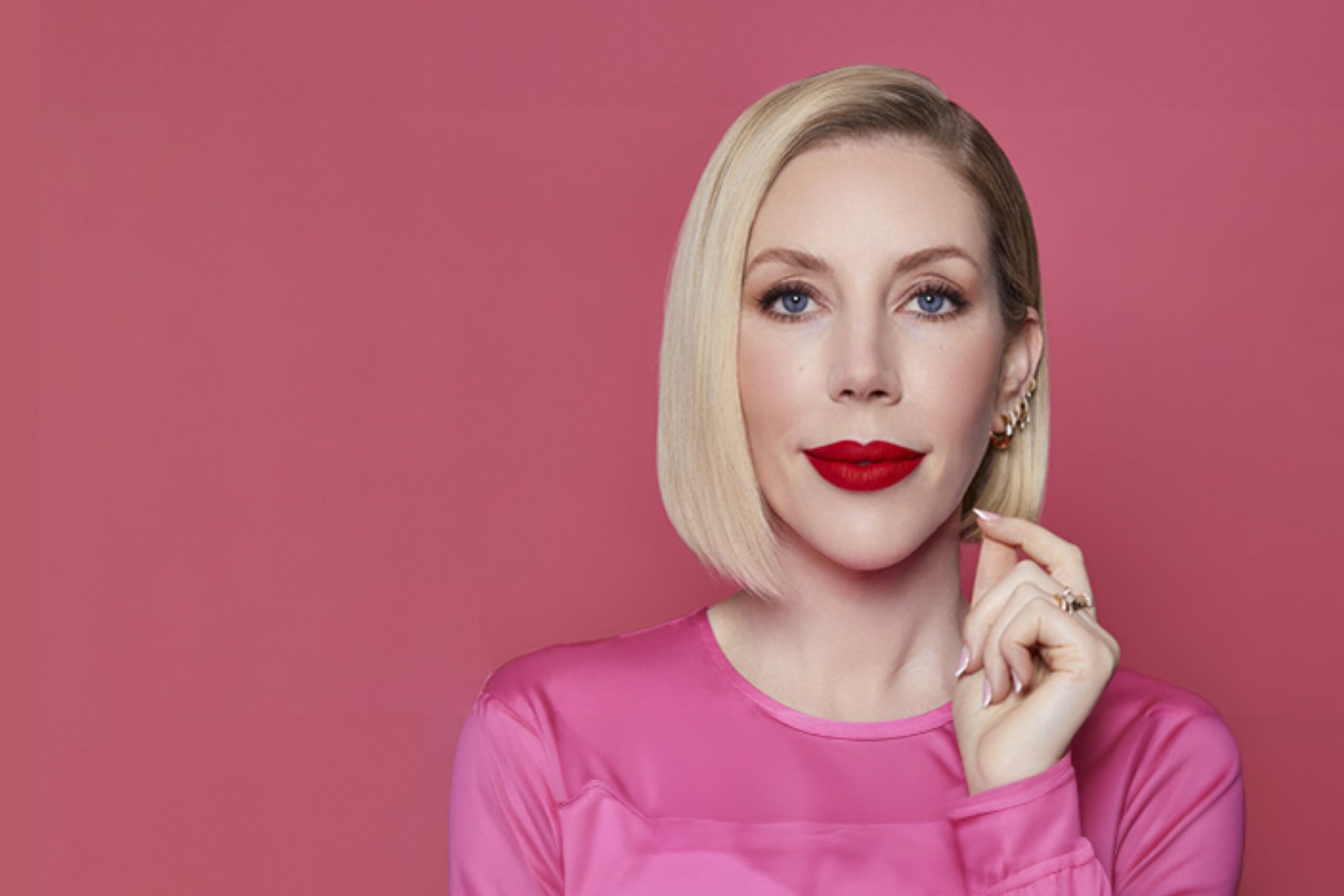
Her story highlights that patients should not hesitate to seek out specialists, particularly when it comes to serious health issues like skin cancer. It’s not about continuously questioning experts, but about ensuring your health concerns are taken seriously and properly addressed by someone with the necessary qualifications.
@kathbum Melanoma!!!
Why Beauticians Can’t Diagnose Skin Cancer
While Katherine Ryan’s experience underscores the importance of seeking expert opinions, a cautionary tale also emerged in the case of Matt Heywood, who experienced a similar challenge with a non-specialist’s evaluation. Matt, who noticed a concerning mole, was dismissed by a beautician who told him it was nothing to worry about. However, the mole later turned out to be melanoma.

Source: Manchester Evening News
This story highlights the critical risks of relying on non-specialists, especially when it comes to skin health. Beauticians, while skilled in beauty treatments, are not trained to assess medical conditions like skin cancer. For peace of mind and the best possible outcome, it’s essential to seek evaluation and diagnosis from trained medical professionals who can identify and treat potential health risks.
Both Katherine and Matt’s stories serve as reminders of the importance of self-advocacy and seeking the right expertise when it comes to your health. When it comes to serious health issues like skin cancer, always ensure that your concerns are addressed by professionals who are qualified to provide a proper diagnosis and treatment.

Source: Manchester Evening News
Questions to Ask During a Skin Check
Many patients feel hesitant to ask healthcare professionals about their concerns, especially when it comes to skin health. However, it is essential for patients to feel comfortable expressing their worries and seeking clarification on their conditions. By asking the right questions, you can empower yourself to take charge of your health and ensure you’re receiving the best care.
Here are some important questions you might ask during a skin check or consultation:
-
“Is this mole or spot normal?”
-
“Should I be concerned about this change?”
-
“What should I look out for in the future?”
-
“How often should I be checking my skin?”
-
“Are there any other tests or assessments I should consider?”
Asking questions like these not only helps ensure that your concerns are taken seriously, but it also demonstrates your commitment to your own health. Don’t be afraid to ask for further clarification or even request a second opinion if you feel something isn’t being addressed to your satisfaction.

Recognising the Signs of Skin Cancer: The ABCDE Rule
Katherine’s story serves as a reminder to be vigilant about changes to your skin. Skin cancer, particularly melanoma, is highly treatable when caught early. Knowing the signs can help with early detection. The ABCDE rule is a helpful guideline for identifying potentially dangerous moles:
-
A – Asymmetry: If a mole or freckle is uneven or lacks symmetry.
-
B – Border: Moles with irregular or jagged edges.
-
C – Colour: Moles with uneven or multiple colours.
-
D – Diameter: Moles larger than 6mm.
-
E – Evolving: Moles that change in size, shape, or colour over time.

For more detailed advice on how to spot skin cancer early, check out our blog on the ABCDE checklist by clicking here.
The Importance of Regular Skin Checks
Regular skin checks are a crucial part of self-advocacy, yet many people neglect to schedule them, thinking their skin is fine. Skin cancer can develop slowly and may not present obvious symptoms, so regular professional checks are necessary. If you notice any changes, or if you’re unsure about something, it’s important to see a specialist.
At Freyja Medical, we recommend regular skin checks, especially if you notice any changes in your moles or skin. Professional examinations can provide reassurance and detect problems that may not be visible to the untrained eye.

How to Protect Your Skin from Skin Cancer
While early detection is vital, prevention is equally important. Skin cancer is mainly caused by UV radiation from the sun or tanning beds. Here are some tips for protecting your skin:
- Wear sunscreen: Apply broad-spectrum sunscreen with SPF 30 or higher every day, and reapply every two hours and after swimming.
- Seek shade: Try to avoid direct sun exposure during peak hours, typically between 10 a.m. and 4 p.m.
- Wear protective clothing: Consider wearing hats, sunglasses, and protective clothing to shield your skin from harmful UV rays.
- Avoid tanning beds: Tanning beds can increase the risk of skin cancer, especially in younger people.
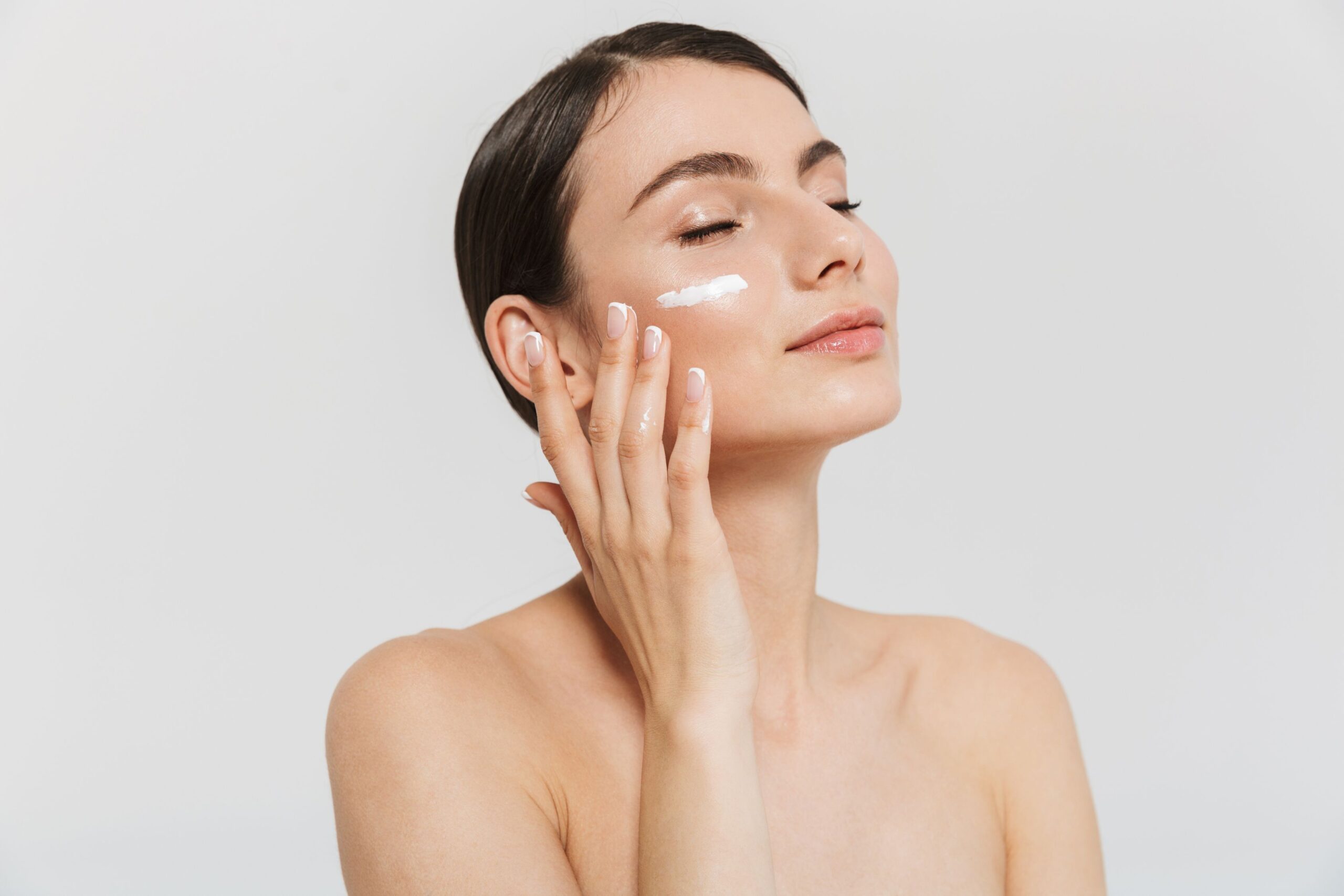
Conclusion: Take Control of Your Health
In conclusion, self-advocacy plays a crucial role in protecting your health, particularly when it comes to skin cancer. Katherine Ryan’s story reminds us of the power of trusting our instincts and seeking the right specialist when faced with potential health concerns. Similarly, Matt Heywood’s experience highlights the importance of not relying on non-specialists, such as beauticians, to assess potential skin issues—when in doubt, always seek expert advice.
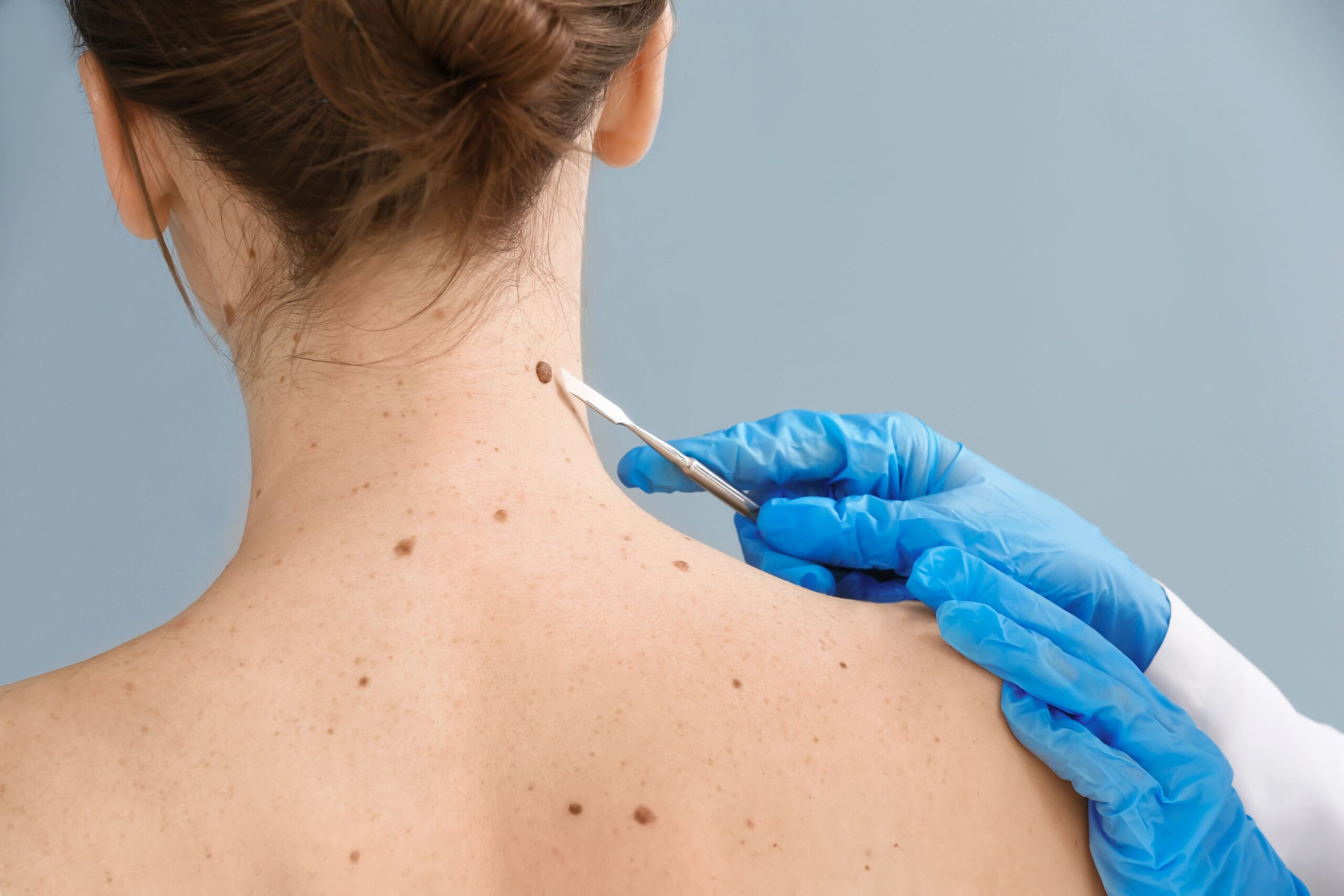
By being proactive, asking the right questions, and knowing when to seek a second opinion, you can ensure that any issues with your skin are properly addressed. Remember, skin cancer is highly treatable when caught early, so regular skin checks are essential for your long-term health.
Book Your Skin Check Today
At Freyja Medical, our expert dermatologists are here to provide thorough skin checks and offer personalised advice. Book your skin check today to ensure peace of mind and stay on top of your skin health.

Click here to schedule a consultation online, or contact us at 01978799688 or via email at [email protected]. Let us guide you on your journey to radiant, wrinkle-free skin.

